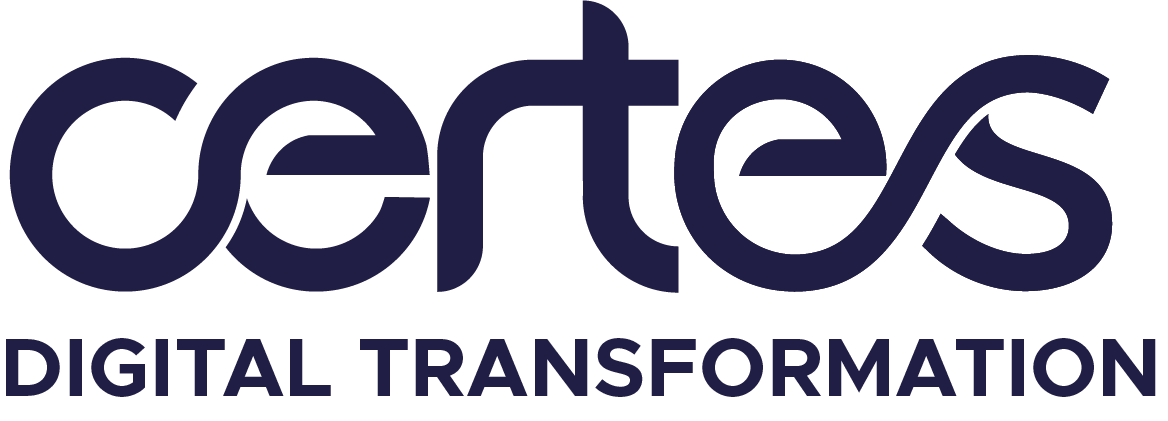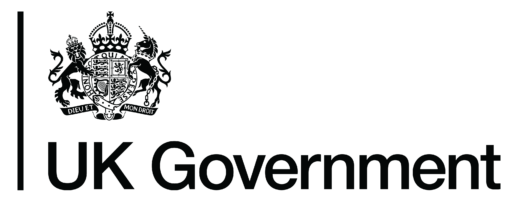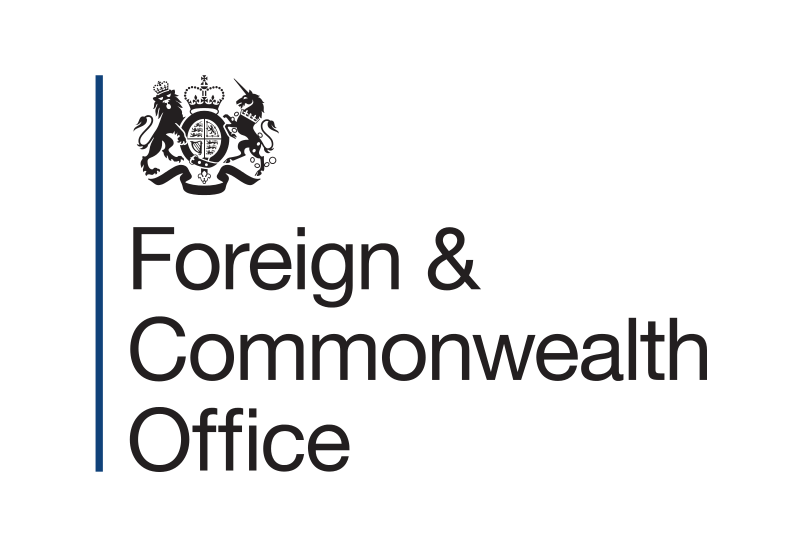
What Does a Tech Project Manager Look Like in 2025?
The role of a tech project manager (PM) in 2025 is markedly different from just a few years ago. As technology continues to advance at pace and organisations adapt to hybrid ways of working, the responsibilities, tools, and skillsets required of PMs have undergone a serious transformation. No longer merely a go-between for stakeholders and developers, today’s tech PM is part strategist, part technologist, part therapist—and entirely adaptable.
1. Technically Fluent, But Not Necessarily a Developer
In 2025, Tech Project Managers don’t need to be writing code daily, but they do need a strong understanding of code, system architecture, and technical concepts. This allows them to engage meaningfully with engineers, identify potential risks early, and bridge the gap between tech and business.
They’re also increasingly proficient with low-code/no-code tools, enabling them to prototype solutions or automate routine processes independently.
2. Agile, Hybrid, and Human-Centred Tech Project Managers
Gone are the days of rigid methodologies. The modern tech PM knows how to blend agile principles with real-world delivery needs, choosing the right mix of frameworks (Scrum, Kanban, SAFe, OKRs, Lean UX, and more) based on the people and the problem, not just the playbook.
They excel in hybrid environments, using asynchronous tools like Notion, Miro, and Loom, while championing fewer but more purposeful meetings to support deep work.
3. Data-Driven and Outcome-Focused
Today’s PMs are adept with data—not only interpreting it, but telling compelling stories with it. They use live dashboards, automated reporting, and predictive analytics to foresee blockers, track progress, and demonstrate value. They understand how to prioritise meaningful KPIs over vanity metrics, and how to connect delivery to tangible business outcomes.
4. AI as a Co-Pilot, Not a Crutch
Artificial intelligence is now a standard part of a PM’s toolkit—used to summarise meetings, draft documentation, prioritise tasks, and even detect team sentiment. But the real skill lies in knowing what not to automate. Emotional insight, nuanced judgement, and team trust remain firmly human domains.
PMs are expected to be discerning in their use of AI, mindful of ethical considerations and potential bias.
5. Emotional Intelligence is Essential for Tech Project Managers
With distributed teams, high-speed change, and digital burnout all in play, PMs need exceptional emotional intelligence. They foster psychological safety, recognise when a team needs encouragement versus challenge, and serve as cultural connectors across time zones and disciplines.
In many ways, they’re as much people managers as they are project managers.
6. Security and Risk-Minded from the Start
Security is no longer a post-project afterthought—it’s embedded throughout. PMs are actively involved in identifying not just delivery risks, but technical, compliance, and reputational ones as well. They work closely with security and legal teams to ensure every release is safe, ethical, and up to standard.
7. A Career Path That’s Non-Linear—and Proudly So
Many of today’s PMs come from diverse, unconventional backgrounds: design, QA, customer experience, even education or philosophy. This cross-disciplinary mix brings fresh perspectives and stronger team empathy. And career growth doesn’t necessarily follow a ladder—PMs might transition into strategy, product, or even entrepreneurship.
Final Thoughts: The Tech Project Manager as the Glue
The 2025 tech PM isn’t defined by a certification or methodology, but by their ability to deliver in complex, evolving environments. They bring clarity amidst chaos, calm under pressure, and momentum when the path forward is uncertain.
Whether rolling out AI-powered platforms or aligning global teams behind a product vision, today’s project manager is the glue that holds modern tech together. Ensure you have the best project management teams available with our Project Management as a Service (PMaaS) by Certes IT Agility Ability.


















